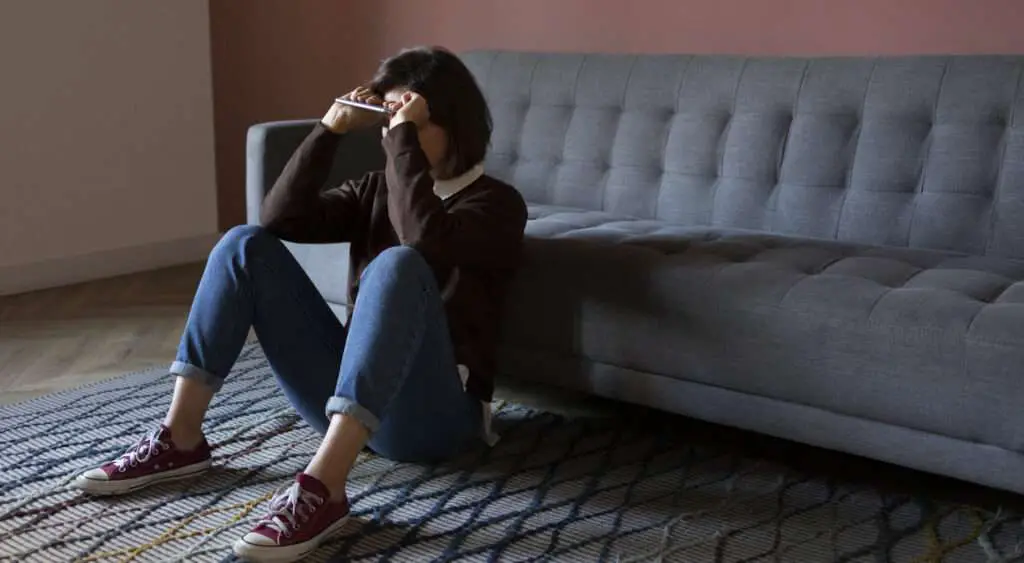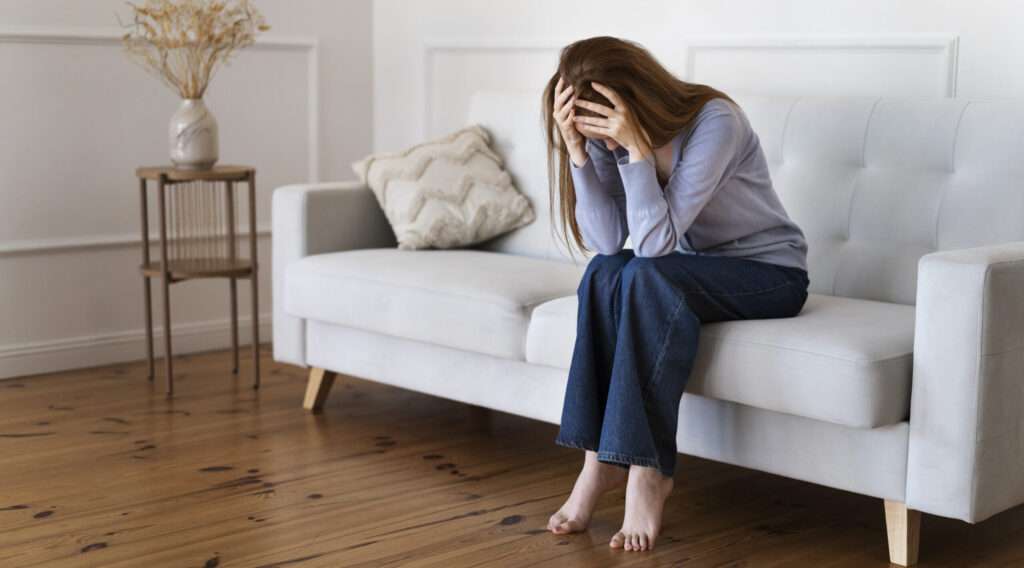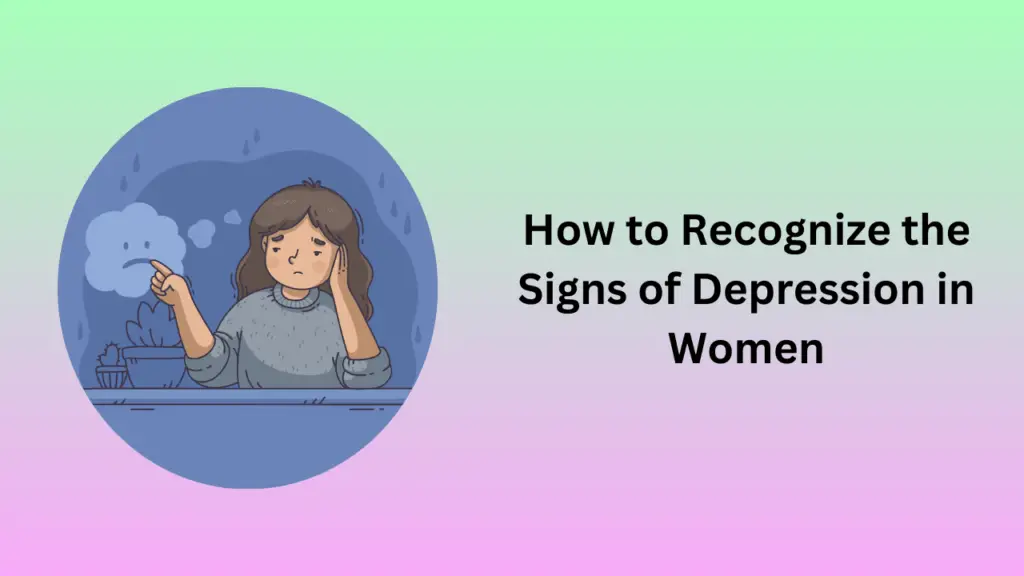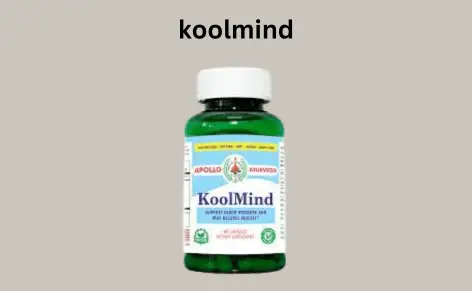Table of Contents
ToggleIntroduction
Depression is a significant mental health issue that affects millions of people worldwide, and women are disproportionately affected. According to the World Health Organization, depression is twice as common in women as in men. Understanding and recognizing the signs of depression in women is crucial for timely intervention and support.
Understanding Depression
- Definition: Depression is more than feeling sad or having a bad day. This severe mood disorder has an impact on how a person feels, thinks, and handles their daily activities. Clinically, depression is characterized by persistent feelings of sadness, loss of interest or pleasure in activities once enjoyed, and a range of emotional and physical problems.
- Prevalence: Statistics indicate that women are more likely to experience depression than men. The National Institute of Mental Health reports that approximately 12 million women in the United States experience clinical depression each year. This higher prevalence can be attributed to genetic, biological, psychological, and social factors.
- Support healthy blood pressure by relaxing the thoughts.
- Natural, safe, and free of dangerous side effects.
- Helps strengthen the Mind to cope with Stress.
- Helps promote overall vitality.
- Made with 100% Natural Herb’s 10:1 extract.
Causes of Depression in women

Depression in women can result from various factors:
- Biological: Hormonal fluctuations due to menstrual cycles, pregnancy, postpartum period, perimenopause, and menopause can all play a role in the onset of depression.
- Psychological: Women are more likely to contemplate, which can prolong depressive episodes.
- Social: Stressful life events such as the loss of a loved one, a difficult relationship, or financial troubles can trigger depression. Women often juggle multiple roles, such as working and taking care of the family, which can increase stress levels.
General Signs of Depression
The first step to getting help is to recognize the symptoms of depression. Here are some common symptoms:
- Mood Changes: Persistent sadness, anxiety, or “empty” mood. Women with depression may feel hopeless or pessimistic and may have difficulty finding joy in previously enjoyable activities.
- Physical Symptoms: Depression can manifest in physical ways, such as changes in appetite leading to significant weight loss or gain, sleep disturbances (insomnia or oversleeping), and chronic fatigue or loss of energy.
- Behavioral Changes: Withdrawal from activities once enjoyed, decreased interest in hobbies, or a reduction in performance at work or school. Women might also exhibit slowed movements or speech and increased difficulty in making decisions or concentrating.
Gender-Specific Signs in Women

- Emotional Signs: Women may experience heightened emotional responses, such as crying spells or feeling overwhelmed by small tasks. They might also have increased feelings of guilt or worthlessness.
- Physical Health: An increase in physical complaints, such as headaches, digestive problems, and chronic pain, without a clear physical cause, can be a sign of depression.
- Hormonal Factors: Hormonal changes can significantly impact mood. For instance, premenstrual syndrome (PMS), postpartum depression, and perimenopausal depression are all linked to hormonal fluctuations. Women may notice mood swings and increased irritability during these times.
- Social Roles: The stress related to societal expectations, such as balancing work and family responsibilities or adhering to cultural norms, can contribute to depression. Women who are primary caregivers for children or elderly family members are particularly susceptible.
How Depression Manifests Differently in Women

- Teenagers and Young Adults: Teenage girls and young women face unique pressures from academic stress, peer pressure, and the impact of social media. These factors can contribute to the onset of depression during these formative years.
- Middle-Aged Women: Women in this age group often balance careers, family responsibilities, and personal identity. Chronic stress and depression can be caused by the pressures of managing these roles.
- Elderly Women: Older women may experience depression due to loneliness, health issues, and the adjustment to retirement. The loss of loved ones and the challenges of aging can also contribute to feelings of depression.
When to Seek Help
- Self-Assessment: Recognizing when symptoms are severe and persistent is crucial. If feelings of sadness, hopelessness, or lack of interest in life persist for more than two weeks, it’s essential to seek professional help.
- Professional Help: Therapy, counseling, or medical treatment can be very effective. Cognitive-behavioral therapy (CBT) and medication are commonly used treatments for depression. Seeking help from a mental health professional can provide the necessary support and treatment plan.
- Support Systems: Family, friends, and support groups play a crucial role in the recovery process. Encouraging a woman to seek help and being there for her during her journey can make a significant difference.
How to Support a Woman with Depression

- Communication: It’s important to approach the topic of depression with care and understanding. Listen without judgment and offer your support. Motivate her to communicate her emotions and assure her that it’s acceptable to seek assistance.
- Encouragement: Gently encourage seeking professional help. If she’s comfortable, offer to help her find a therapist or accompany her to appointments.
- Practical Support: Help with daily tasks and responsibilities. This could include cooking meals, taking care of children, or helping with household chores. Being patient and understanding is crucial, as recovery can take time.
Resources and Further Reading

Helplines and Organizations:
- National Suicide Prevention Lifeline: 1-800-273-TALK (8255)
- National Alliance on Mental Illness (NAMI): nami.org
- Depression and Bipolar Support Alliance: dbsalliance.org
Books and Articles:
- Andrew Solomon’s book on depression, “The Noonday Demon: An Atlas of Depression”, and David D. Burns’ book on feeling good: The New Mood Therapy.
- “The Silent Sufferers: How Depression Affects Women Differently” by Jane Doe (WebMD)
- Articles from mental health websites like Psychology Today and WebMD
Online Communities:
- Reddit’s r/depression
- Facebook support groups for women with depression
- Online forums such as those on Mental Health America’s website
Conclusion
Recognizing the signs of depression in women is a critical step toward providing the necessary support and intervention. If you or a loved one is experiencing depression symptoms, don’t hesitate to seek help. Remember, mental health is just as important as physical health, and there is hope and help available. Encourage open conversations about mental health and support one another through this journey.

